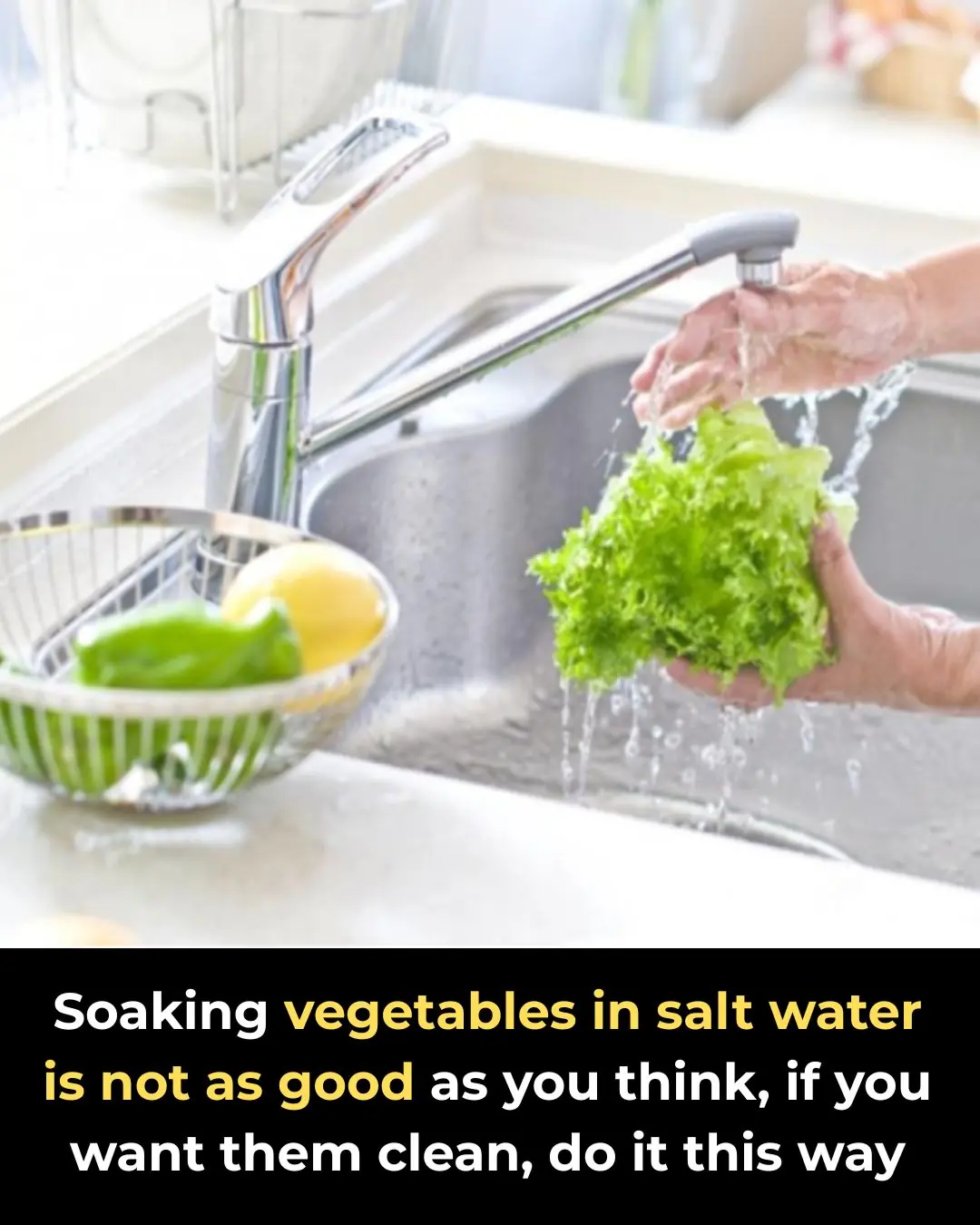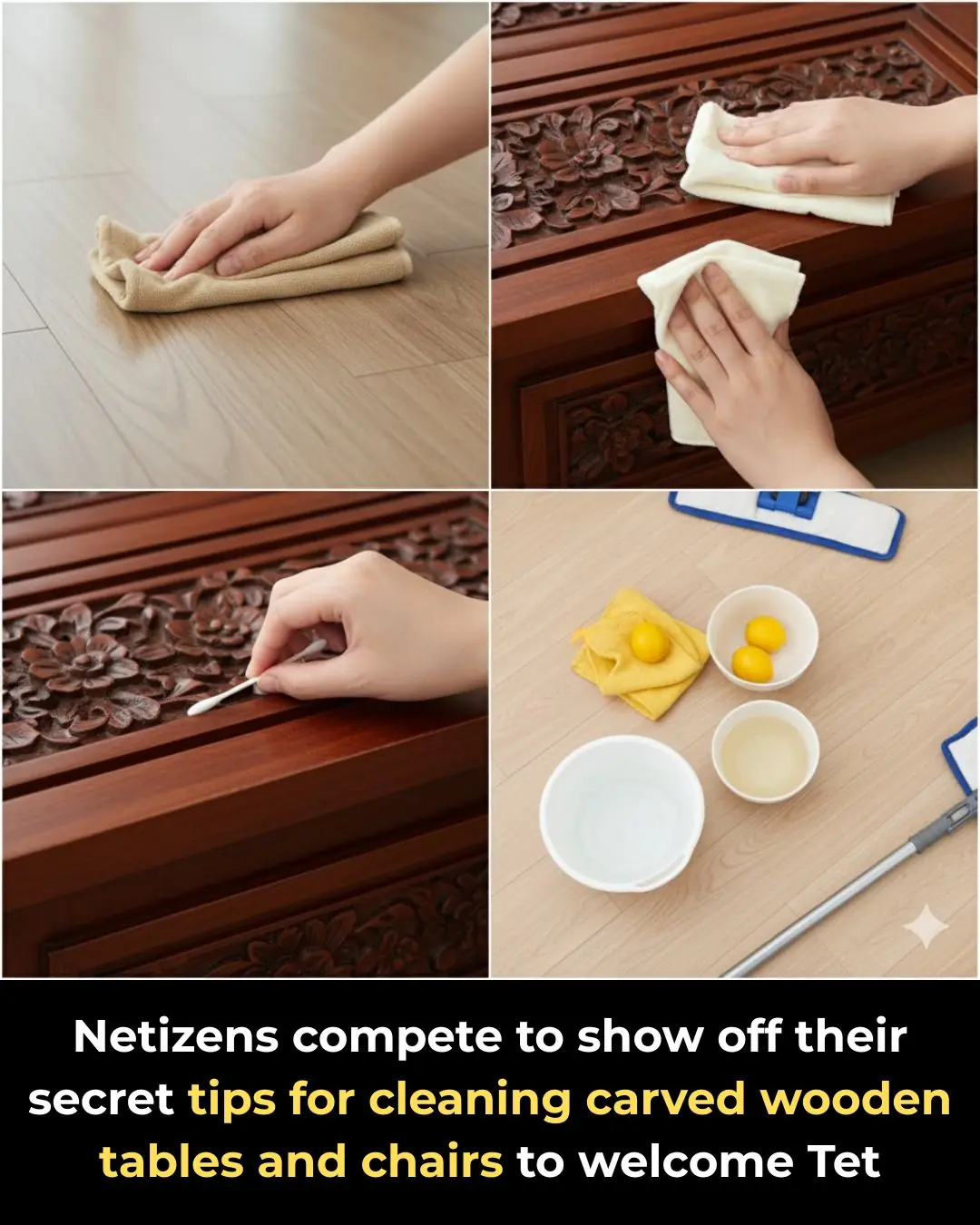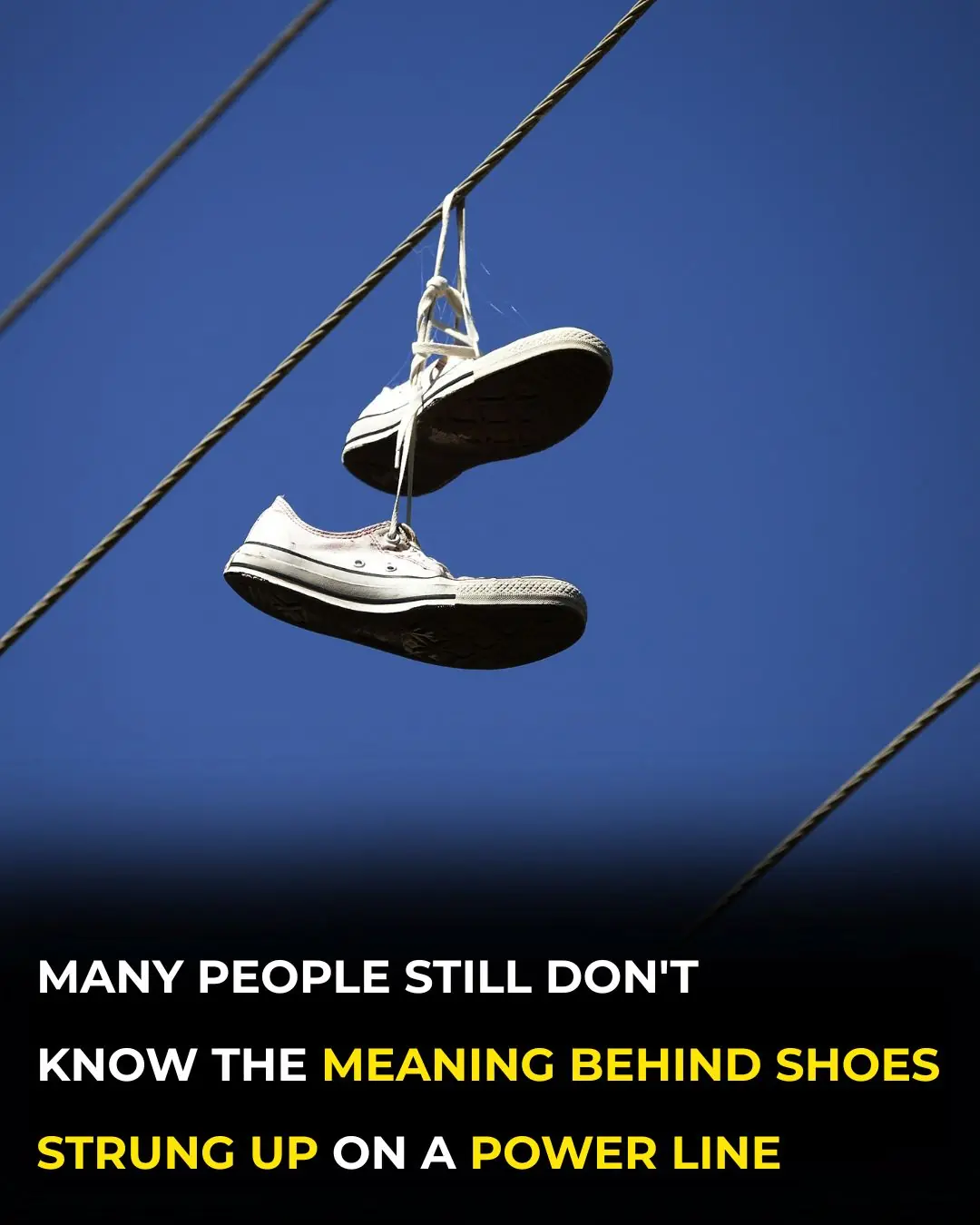
3 Deadly Mistakes People Make with Water Heaters – Don’t Risk Your Life
Using a water heater might seem like a simple household task, but making even small mistakes can have serious, life-threatening consequences. Imagine being in the shower when your water heater suddenly explodes—this is not just a scary scenario, it can actually happen if safety precautions are ignored.
Recently, on November 14, a water heater exploded in Quang Ninh. Fortunately, no one was injured, but the incident caused significant property damage. This event serves as a serious reminder: improper use of water heaters is far more dangerous than most people realize.
Here are three deadly mistakes many households commonly make, along with tips to avoid them.
1. Leaving the Water Heater On 24/7
Many families, especially those with young children or frequent need for hot water, leave their water heaters running all day for convenience. While it may seem practical, this habit is extremely risky.
-
Electrical Insulation Damage: Continuous operation causes the internal wiring insulation to wear down over time. This makes the system more prone to short circuits or electrical leakage.
-
Increased Risk of Explosion: A water heater left on constantly can overheat or malfunction, increasing the chance of explosion, especially for older units.
Safety Tip: Only turn on your water heater when you need hot water. For households with multiple users, consider installing a timer or smart control system so the heater operates only during peak use. This not only improves safety but also saves electricity.
2. Not Turning Off the Water Heater While Bathing
This is the most critical safety rule when using a water heater. Many people assume that modern heaters with automatic shut-off features are completely safe, but this is not always true.
-
Electric Shock Risk: Water and electricity are a dangerous combination. If the heater malfunctions or has worn-out parts, electricity can leak into the water.
-
Old Units Are Risky: Older water heaters or those with damaged components are especially dangerous. The auto shut-off mechanism might fail, leaving you vulnerable to severe electric shock or even death.
Safety Tip: Always turn off your water heater before entering the shower. Even if your unit is new, developing the habit of switching it off adds an extra layer of protection.
3. Neglecting Maintenance and Cleaning
Over time, water heaters accumulate mineral deposits and sediment inside, particularly around the heating element. Neglecting maintenance can cause multiple problems:
-
Reduced Efficiency: Sediment build-up decreases heating efficiency, making the heater work harder and increasing electricity consumption.
-
Electrical Hazards: Deposits on heating elements can cause overheating and increase the risk of electric short circuits or fires.
-
Shortened Lifespan: A poorly maintained water heater is more likely to fail unexpectedly, which can be dangerous.
Safety Tip: Schedule professional maintenance and cleaning every 1–2 years, depending on your water quality and usage. Even small, seemingly harmless sediment build-ups can become serious hazards over time.
Additional Safety Recommendations
-
Install a Ground Fault Circuit Interrupter (GFCI): This device can cut off electricity instantly if it detects leakage, greatly reducing the risk of electric shock.
-
Regularly Inspect Your Heater: Check hoses, wiring, and valves for wear and tear. Replace any damaged parts immediately.
-
Educate All Family Members: Make sure everyone knows how to safely operate the heater, including turning it off during showers and recognizing warning signs of malfunction.
✅ Conclusion
Water heaters are essential household appliances, but misuse can lead to serious injuries or even fatalities. Avoiding these three deadly mistakes can save lives:
-
Don’t leave the heater on all day.
-
Always turn off the heater before bathing.
-
Maintain and clean the unit regularly.
By following these guidelines, you not only protect your family but also extend the life of your water heater and reduce energy costs. Safety and efficiency go hand in hand.
News in the same category


Top 10 Occupations with the Highest Risk of Cancer

Women Who Drink Perilla Leaf Water with Lemon at These 3 Times: Brighter Skin and a Slim Waist

Why Is the Left Burner of a Gas Stove Not Ideal for Cooking?

Is It Dangerous to Stay Inside a Car During a Lightning Storm?

Tips to Distinguish Naturally Ripened Bananas from Chemically Ripened Ones

My Nana’s 2-Minute Trick to Get Rid of Puffy Eyes (No Work Needed!)

JUST MAKE THE RACK THIS WAY

Doctors reveal that eating guava causes...

The shower head is easily clogged after long use. This way, the dirt will drain away by itself and replace it with a new one

Boiling shrimp with a handful of these leaves makes the shrimp bright red, sweet meat, everyone praises it.

New Towels Feeling Sticky and Smelly? Soak Them in This to Make Them Clean

🧼 Here’s My Easy Way to Clean Oven Racks: Just One Bag & a Natural Soak

🍌 5 High-Fiber Foods That Naturally Support Digestion & Relieve Constipation

Crush a handful of these leaves and place them in the room.

Soaking vegetables in salt water is not as good as you think, if you want them clean, do it this way

Netizens compete to show off their secret tips for cleaning carved wooden tables and chairs to welcome Tet

Don't burn peach trees anymore: This is the way to help peach blossoms bloom, sprout, and still be brilliant after Tet

Add a drop of essential oil to an onion and no matter how many mosquitoes and insects it has, they will disappear
News Post

Many People Still Don’t Know The Meaning Behind Shoes Strung Up On A Power Line

Arnold Schwarzenegger’s Son Continues His Impressive Weight-Loss Journey

‘Get Out!’: Black Woman Banned from Restaurant After Refusing to Tip Waitress with ‘a Disgusting Attitude,’ But She Doesn’t Back Down, Video Shows

Stephen Hawking Predicts the End of the World Is Nearer Than We Think

Caroline Flack’s ex Lewis Burton says he’s received ‘online abuse’ in rare statement over Disney documentary

The Viral 70LB Baby That Was Featured On Jerry Springer Is All Grown Up, And You Better Sit Down Before Seeing Him Today

The Viral 70LB Baby That Was Featured On Jerry Springer Is All Grown Up, And You Better Sit Down Before Seeing Him Today

‘Wanna be from the Trenches So Bad’: Tiny Harris Claps Back After T.I. Embarrasses Son King at Their Grandchild’s First Party

The surprising vitamin that helps break down leg clots—are you getting enough?

Just Minced Meat, But Made This Way, It Becomes Irresistibly Delicious

Prince William steps out with King Charles for special Windsor Castle reception to mark Remembrance Day

Top 10 Occupations with the Highest Risk of Cancer

Women Who Drink Perilla Leaf Water with Lemon at These 3 Times: Brighter Skin and a Slim Waist

Why Is the Left Burner of a Gas Stove Not Ideal for Cooking?

Kelly Brook ‘horrified’ as GP offers her weight-loss jabs ahead of I’m A Celebrity stint: ‘I love my curves!’

Is It Dangerous to Stay Inside a Car During a Lightning Storm?

Tips to Distinguish Naturally Ripened Bananas from Chemically Ripened Ones

Meghan Markle shares video of Prince Harry in Afghanistan in Veterans Day message
